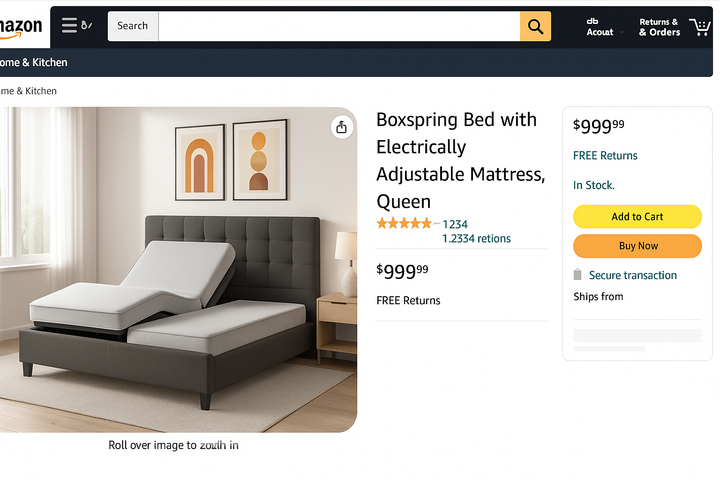What to Ask Your Head of Sales (That You’re Probably Not Asking)
Sales isn’t just about revenue. It’s about rhythm, visibility, and alignment. And if you're only looking at the top-line number, you're missing the early signs of success—or failure.
Too many leadership conversations around sales start and end with: “Are we hitting target?” That question matters, of course. But it tells you nothing about why you're on track, off track, or flying blind.
If you're an executive trying to lead growth—not just watch it happen—you need better inputs. The real story behind revenue performance lives in the details your Head of Sales is likely managing, but not always surfacing.
Seeing Past the Numbers
Yes, dashboards matter. But they’re just the output. What you want is insight into the machine that’s producing those results. That means asking questions that reveal how the team thinks, not just what they’ve done.
One thing I often tell CEOs: "If your Head of Sales can’t explain where the friction is in the funnel without opening Salesforce, you don’t have a visibility problem—you have a leadership one."
Start with a conversation about opportunity quality. What truly defines a qualified lead? Is there alignment with marketing and product on that definition? If not, you’re setting up your teams to run parallel races instead of one integrated campaign.
Then look at time: where are deals slowing down, and why? In the best sales organizations I’ve worked with, leaders could tell me exactly where deals tend to stall—and how they coach their reps through those points. In weaker setups, the answer is usually vague: “we just need more leads.”
You’ll also want to understand the territory and account strategy. Is your team chasing what’s possible—or just what’s familiar? Good sales teams evolve. Great ones evolve their criteria.
Creating Space for Better Conversations
You’re not looking to micromanage. You’re trying to empower. So frame your questions around curiosity, not control.
Here are five that consistently open up honest discussion:
"What are the consistent objections we’re hearing, and are they changing over time?"
"Where in the process do we lose energy or confidence? What part of the deal cycle feels too long or too soft?"
"If we had to grow by 50% next year without hiring, what would we do differently?"
"Which customers do we wish we had more of—and what made those deals work?"
"What’s something we used to do well that we’ve let slip?"
When I step into companies as a fractional exec or advisor, these are some of the first questions I ask. Because how a Head of Sales answers them tells you almost everything about how the team is run.
And Then, Support Them
It’s easy to scrutinize sales. It’s harder to build conditions for their success. That means:
- Give them a say in pricing and packaging.
- Make sure they’re looped in early on product changes.
- Let them influence marketing priorities.
- Provide real support in coaching, tooling, and resourcing.
As I often tell clients: "A sales team without a seat at the strategy table is just firefighting with a quota."
Closing Thought
When your sales leader trusts you enough to tell the whole story—not just the headline—you unlock one of the most powerful levers in the business: honest, coordinated growth.
I write about real-world growth strategy, cross-functional leadership, and how to build revenue teams that work. Follow along here or on LinkedIn or X @rlivain_builds.


